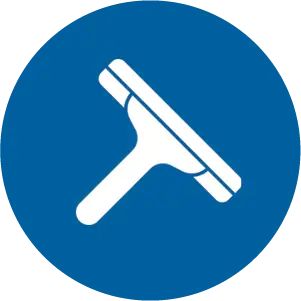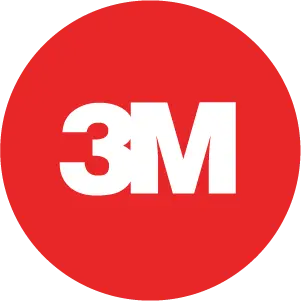Fixing a cracked windshield is an expense and hassle. First, it may mean dealing with your insurance company and filing a claim. Second, it means paying a price of some kind – whether out of pocket or potentially an increased premium when your policy renews. Third, it means being without your car during the repair, even if the service provider comes to you. Fourth, it may mean a trip to the dealership to have your car recalibrated because your vehicle is equipped with an advanced driver-assistance system (ADAS). Finally, you hope that the replacement windshield is OEM glass and that installation has been performed properly so that your new windshield doesn’t leak.
Given the hassle and drawbacks of windshield replacement, why not avoid the situation entirely? That’s where windshield protection film (WPF) comes in.
WPF is a clear urethane or polyester film that is applied to the exterior of a windshield to help protect it from cracking due to impact. When road rash hits an unprotected windshield, the object strikes the glass directly. With WPF installed, the object hits an insulating barrier (the film itself) that helps to absorb the impact and reduce the likelihood of cracking due to impact.
Motorists that have not experienced a cracked windshield in recent years may not be aware of how expensive windshield replacement has become. Multiple third party sources suggest that as of 2024, the average cost to replace a windshield, including recalibration, is $1,700. Gone are the days of $400 windshields. That’s because many new vehicles, including daily drivers, contain ADAS. Features such as autopilot, lane departure, and collision assistance, work using technology incorporated into the windshield. That technology has increased the price of the windshield itself. Furthermore, a dealership may need to recalibrate the vehicle’s ADAS, further adding to replacement costs.
Investing in windshield protection film helps preserve your factory-installed windshield and can save you time, money, and potential repair issues down the road.









